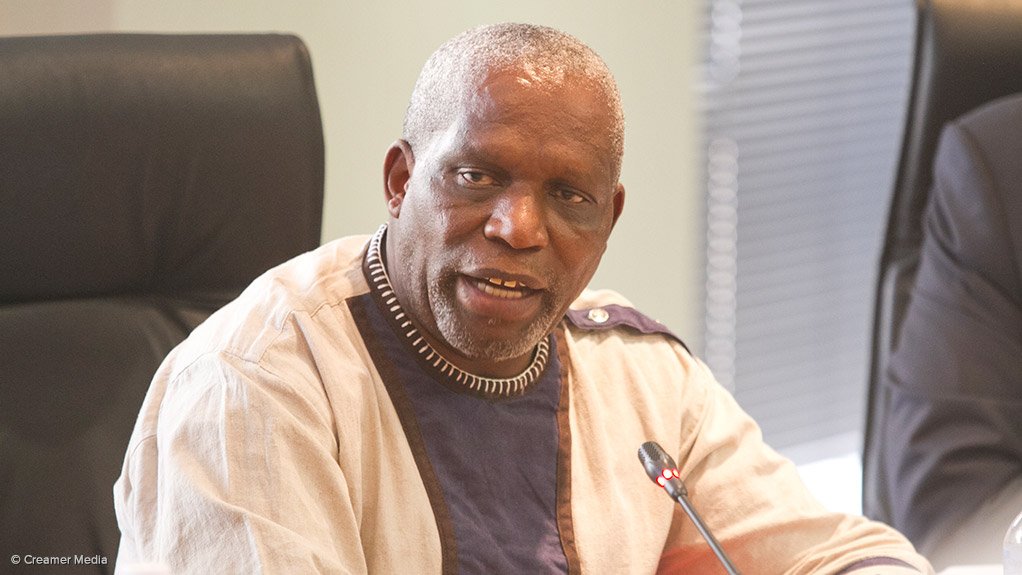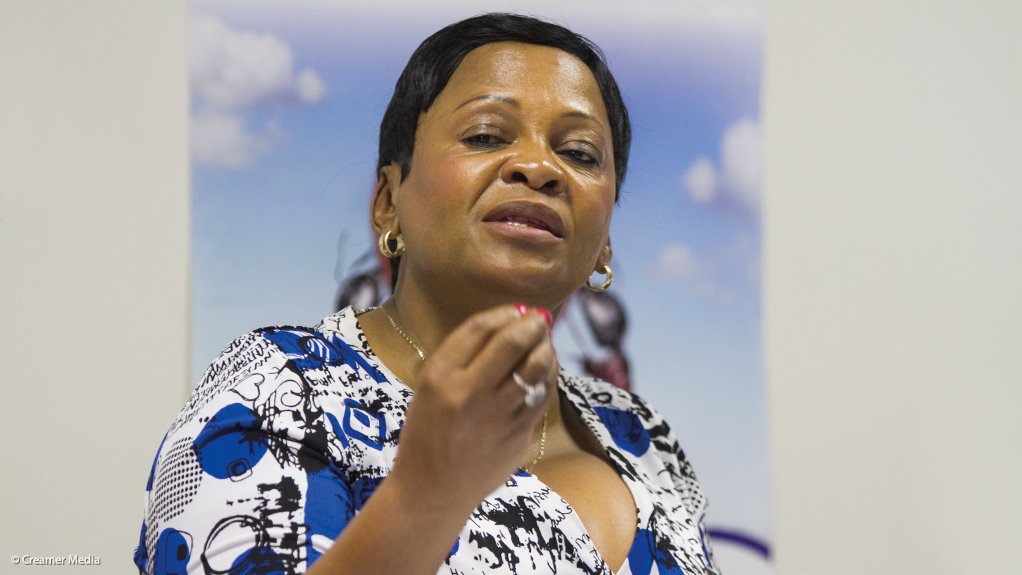Farmers across South Africa are losing livestock due to the current drought which may force government to import maize and wheat into the country, Agriculture Minister Senzeni Zokwana said on Friday.
“Stats SA notes that the sector contracted by 17% quarter on quarter largely due to drought conditions in 2015. The weather forecast (is) that significant rainfall may only be expected by March 2016,” Zokwana told reporters in Pretoria.
He was part of five cabinet minister briefing media on the current drought, heatwave and water shortages.
“Farmers may struggle their loans and it is affecting their credit worthiness. There is a risk of loss of income as a result of crop failures may even threaten farm jobs. This drought can only worsen the hunger and poverty problem. The country may face need to import grains like yellow and white,” said Zokwana.
“Talking of food security in the Sadc region, it is not only South Africa affected, but the whole region. About 8-million tonnes of maize are consumed in South Africa and the rest is exported to Sadc region. South Africa is the largest maize producer in the Sadc. There are more than 9 000 commercial as well as thousands of subsistence maize producers.”
The drought has significantly reduced the arable land in South Africa.
“South Africa has declined stock levels of white maize until the end of April 2016. Yellow maize stocks will be very tight and may need to be supplemented. White maize is the major staple food for many people. The average maize yield has reduced by 5.3 tonnes per hectare – the lowest yield since 2008,” said Zokwana.
He said the effect of the drought was being felt already in the supermarket.
“This is going to affect the price of maize meal and affordable basic staple food, especially by the poor and vulnerable. Between July 2014/15, the cost of basic food basket increased by about R21 in normal terms. This drought and low maize will have an impact on our Sadc neighbours. This may become a regional disaster if it persists,” he said.
Water and Sanitation Minister Nomvula Mokonyane said communities need to understand that there is a difference between water scarcity and drought.
“We want to share with fellow South Africans the difference between water scarcity and drought. With regards to drought, it is understood as a prolonged period of abnormally low rainfall that usually takes over more than one season therefore leading to water shortages,” she said.
“Water scarcity on the other hand is a shortage of water and it occurs when the demand of water outweighs the supply of water. That is what this province, Gauteng, is experiencing.
“The water scarcity is due to persistent high temperatures that lead to an increase in the demand for water coupled with a high evaporation rate from water in our reservoirs. This causes stress on the supply systems and ultimately a system break down as has been experienced.”
Five provinces across South Africa have since declared drought related disasters. These are North West, KwaZulu-Natal, Free State, Limpopo and Mpumalanga.
Mokonyane said the current drought was affecting 173 of South Africa’s 1 628 water supply schemes, which serve approximately 2.7-million households.
She said regional water supply dams and schemes remain water secure and have a positive water balance, resulting in a national average dam level currently perched at 66%.
Mokonyane said South Africa is a water scarce country, ranked as one of the 30 driest countries in the world with an average rainfall of about 40%, less than the annual world average rainfall average.
Government is exploring measures to maximise water conservation and recycling water.
“South Africa is the least in the use of grey water. That is one of the best and quickest ways of augmenting water availability. Grey water is about cleaning the water that has been used in sanitation processes or used in the mining sector,”said Mokonyane.
“The water will be cleaned in our water treatment plants … so that nothing is lost. We should be able to re-harvest that water which has been contaminated. These are some of the game changers we are beginning to introduce.”
The briefing was attended by several government officials including Cooperative Governance Minister Pravin Gordhan, Environment Minister Edna Molewa, Rural Development Minister Gugile Nkwinti, Johannesburg Mayor Parks Tau and Tshwane Mayor Kgosientso Ramokgopa.
EMAIL THIS ARTICLE SAVE THIS ARTICLE
To subscribe email subscriptions@creamermedia.co.za or click here
To advertise email advertising@creamermedia.co.za or click here













